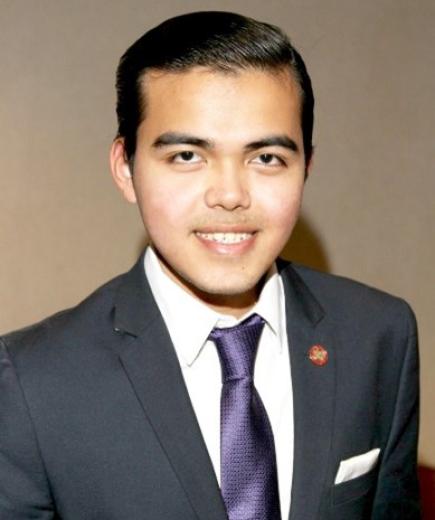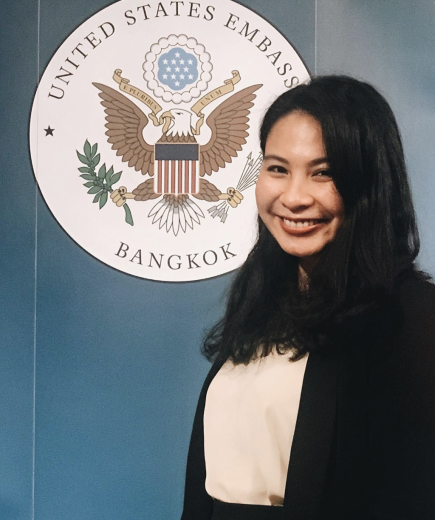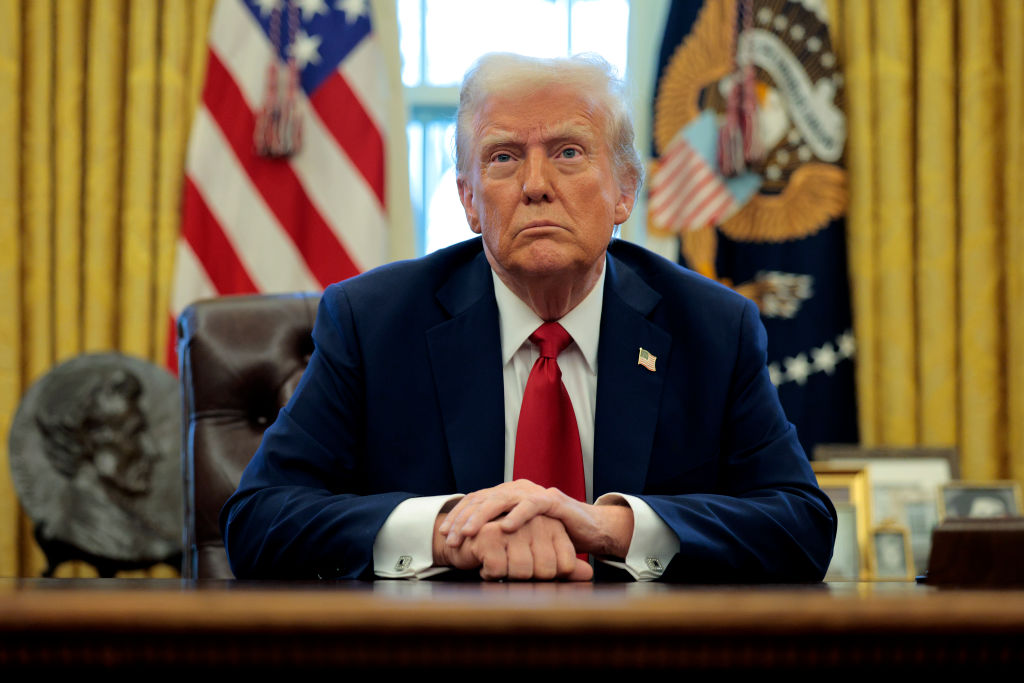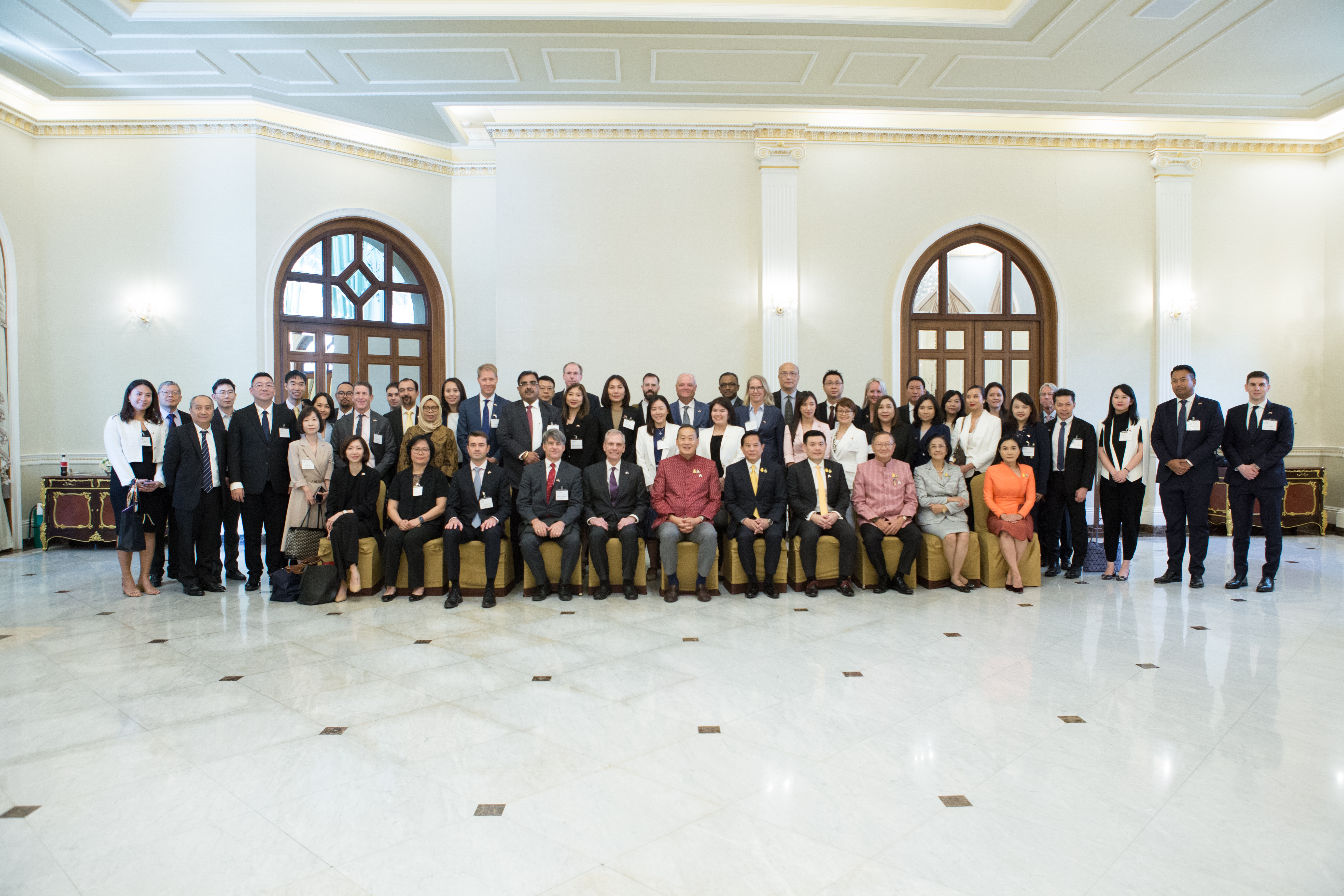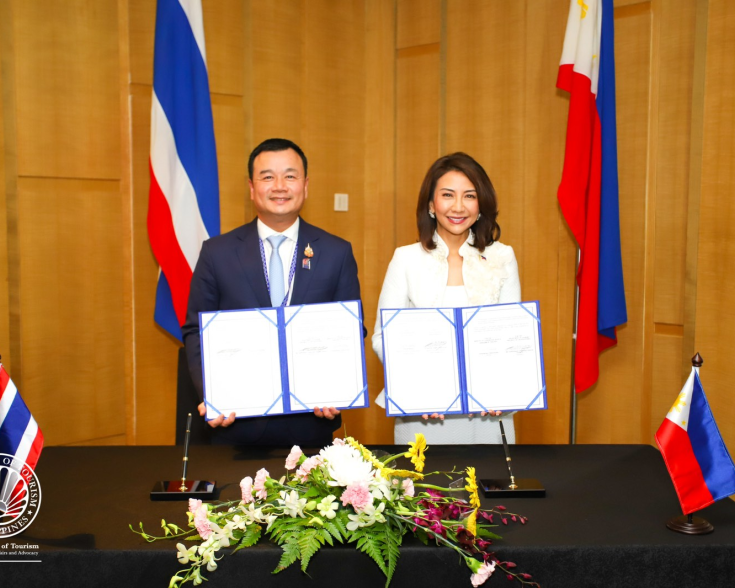Thailand Signs Historic FTA with EFTA at World Economic Forum in Davos
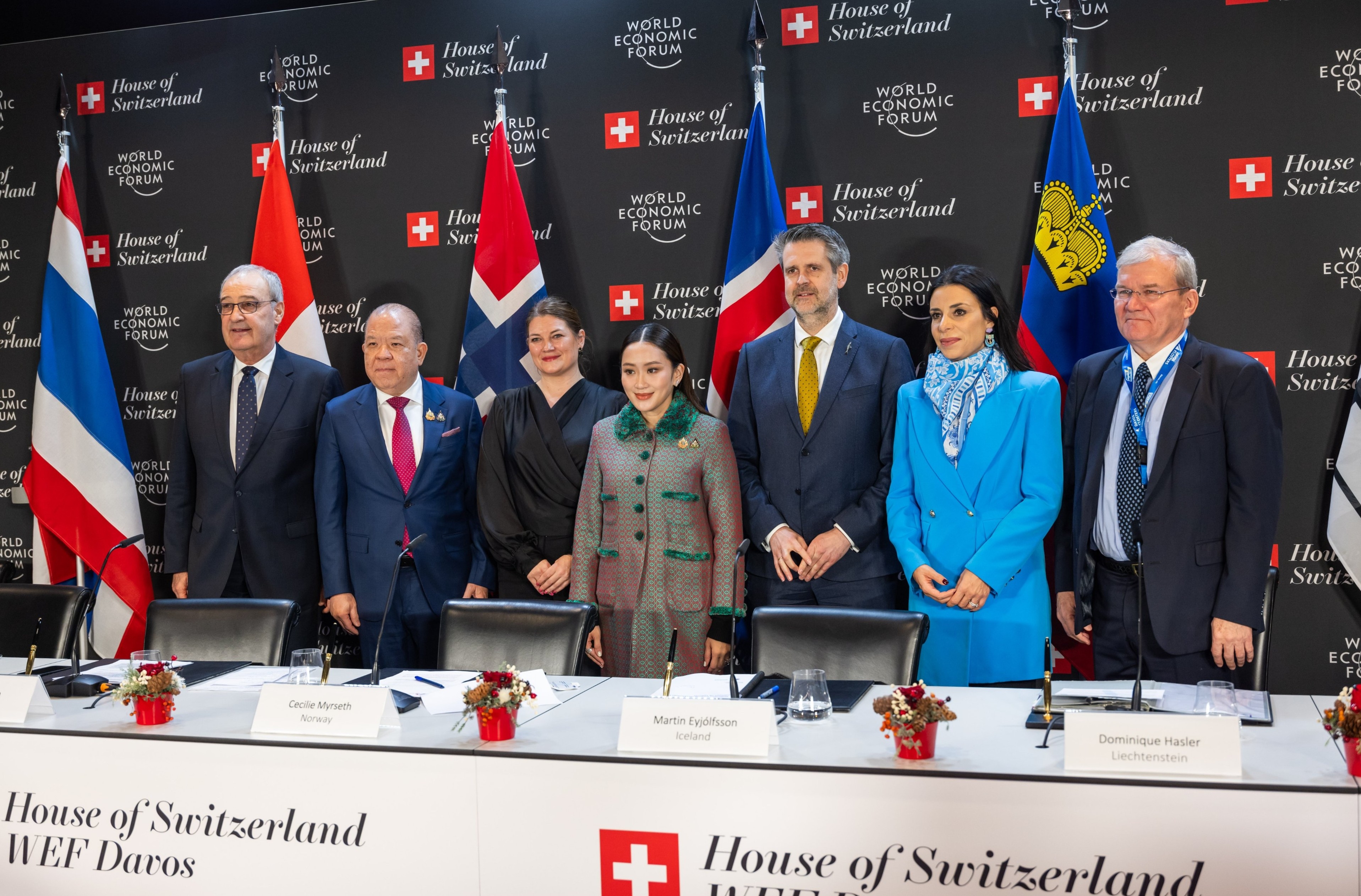
On January 23, Thailand signed a new free trade agreement (FTA) with the European Free Trade Association (EFTA) at the World Economic Forum (WEF) in Davos, Switzerland. Thai Prime Minister Paetongtarn Shinawatra, Minister of Commerce Pichai Naripthaphan, Swiss Economics Minister Guy Parmelin, and Norwegian Trade and Industry Minister Cecilie Myrseth attended the signing ceremony. The agreement, finalized in just two years, follows negotiations that initiated in 2022 and marks a significant step in Thailand’s trade relations with EFTA members.
The EFTA nations include Iceland, Liechtenstein, Norway, and Switzerland. The new FTA is Thailand’s 16th FTA covering 23 trading partners, according to the Director of the Trade Policy and Strategy Office, Poonpong Naiyanapaporn. This is set to strengthen trade relationships, expand export opportunities, and attract foreign investments between Thailand and European investors. The FTA covers 15 comprehensive areas, such as, trade in goods, rules of origin, trade facilitations, services, investment, intellectual property, public procurement, competition, sustainability, and SME development.
Trade between Thailand and the EFTA from January to October in 2024 exceeded $10 billion, representing 2.03% of Thailand’s total global trade. The primary exports to the EFTA include jewelry, watches, canned seafood, machinery, cosmetics and rice. The comprehensive Thai-EFTA FTA aligns with the Thai government’s sustainable developmentpolicy by facilitating future negotiations and potentially leading to a Free Trade Agreement with the larger European Union (EU). Prime Minister Paetongtarn also stated that the Government of Thailand plans to sign free-trade agreements with all members of the European Union this year.
Apart from the signing of EFTA FTA, Prime Minister Paetongtarn met with executives from leading multinational companies during the World Economic Forum to highlight Thailand’s readiness for foreign investment, particularly in digital economy, agriculture, soft power, and sustainable industries. The Prime Minister also emphasized the country’s strategic location and its world-class infrastructure and industrial estates.

